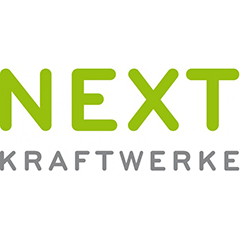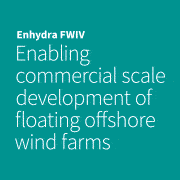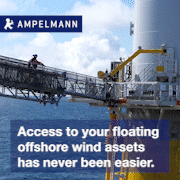Pooled EV batteries to deliver control reserve to the electricity grid
Virtual Power Plant (VPP) operator Next Kraftwerke and Jedlix, an electric vehicle (EV) aggregator and smart charging platform provider, have launched an international pilot project to deliver secondary control reserve (aFRR) through the batteries of electric cars. Tendered by Transmission System Operator (TSO) TenneT, Next Kraftwerke and Jedlix have been selected for the pilot project that will see TenneT assess the technical feasibility of aFRR delivered by new technologies.
The project begins in early 2019 and will run for two years, during which Next Kraftwerke and Jedlix provide aFRR through Jedlix’s EV fleet using the company’s smart charging solution. Next Kraftwerke provides the interface to the TSO TenneT and markets the aggregated energy in TenneT’s reserve control auctions, while Jedlix steers the charging of EV’s over-the-air via its platform. Jedlix establishes the connection by linking its system to Next Kraftwerke’s remote control unit Next Box. In doing so, the Jedlix fleet can be controlled by Next Kraftwerke’s central control system. This enables real-time data exchange between the Jedlix fleet and Next Kraftwerke, while also making it possible for the Jedlix fleet to receive setpoints from Next Kraftwerke that change the EV’s power consumption.
Jedlix vehicle drivers will be introduced to the service through a user interface app, which Jedlix offers to all EV drivers in The Netherlands. By taking part in the pilot, all EV drivers can get rewarded for making the car’s flexibility available whenever it is being charged at the driver’s home. By connecting the EV to the Jedlix platform, Jedlix can receive user charging preferences and establish a live connection with the EV, making sure they are charged smartly. Depending on the charging preference, each EV can provide either positive or negative control reserves. Jedlix will be able to combine user preferences, car data, and charging station information for a continuous forecast of the available capacity. This is then used by Next Kraftwerke in the bidding process. To level out any potential unavailability of the EVs, Next Kraftwerke and Jedlix pool the EVs with other assets in the Next Pool such as greenhouse lighting, wind, and solar plants, and biogas- as well as greenhouse CHPs.




























